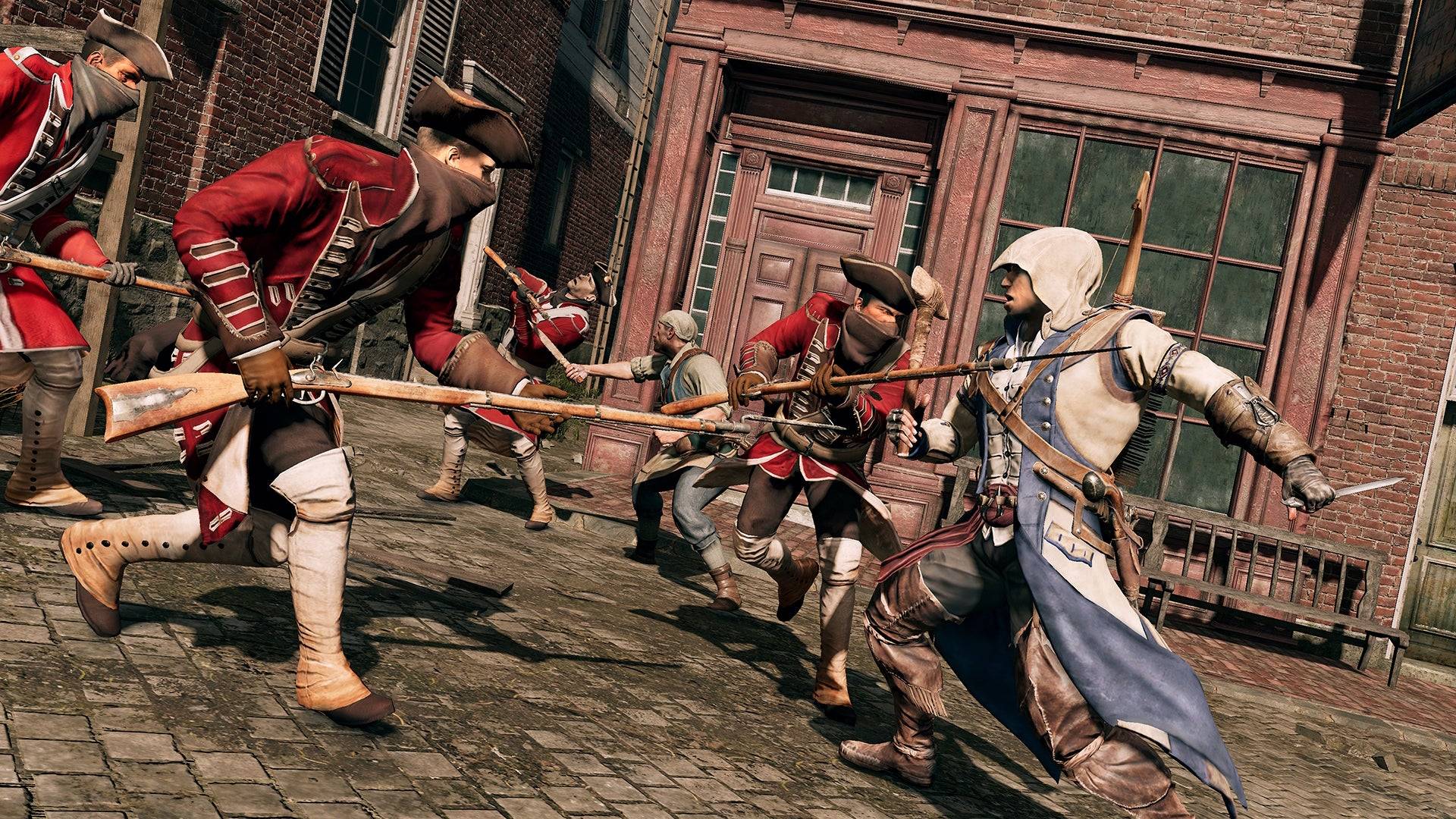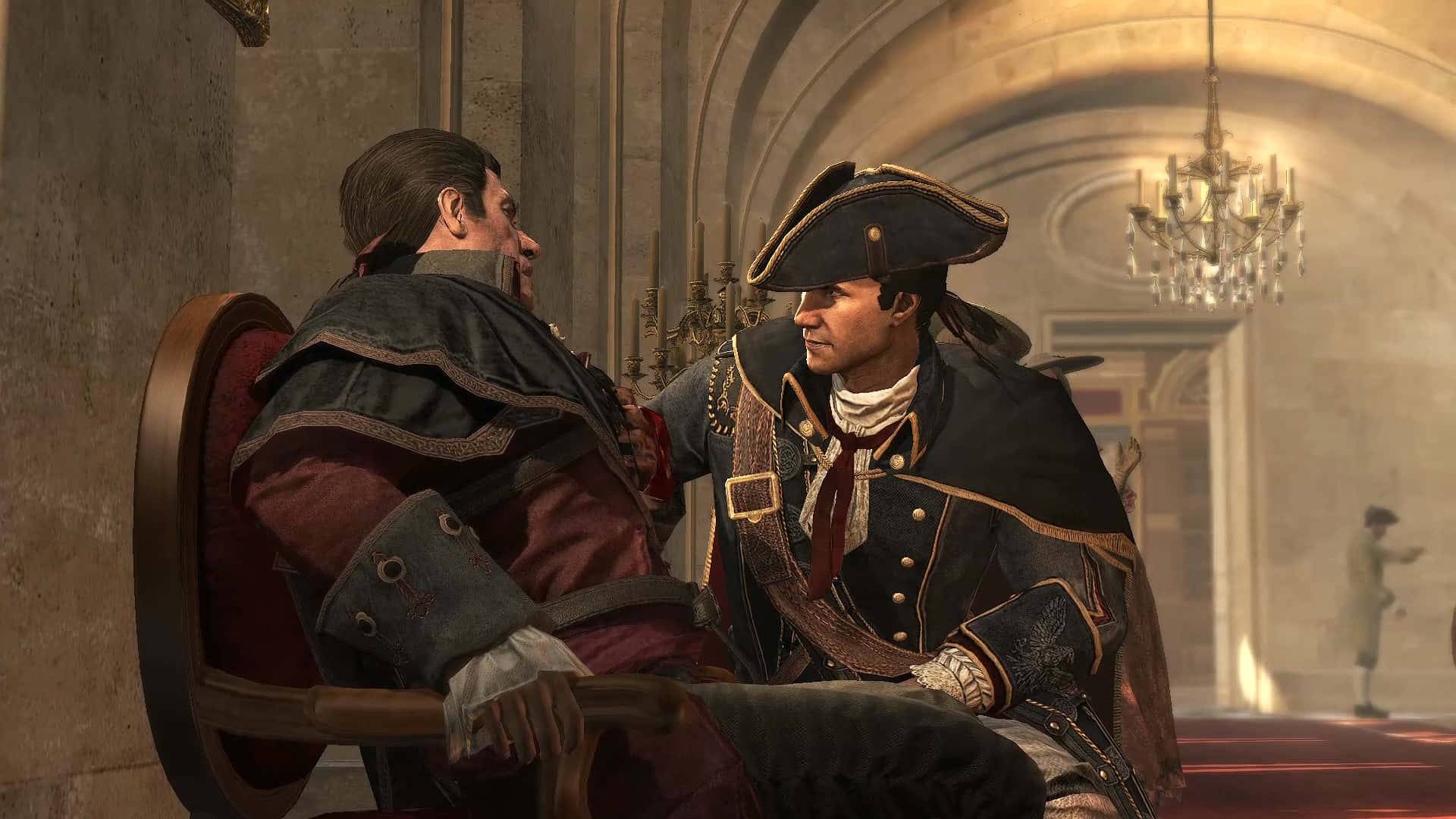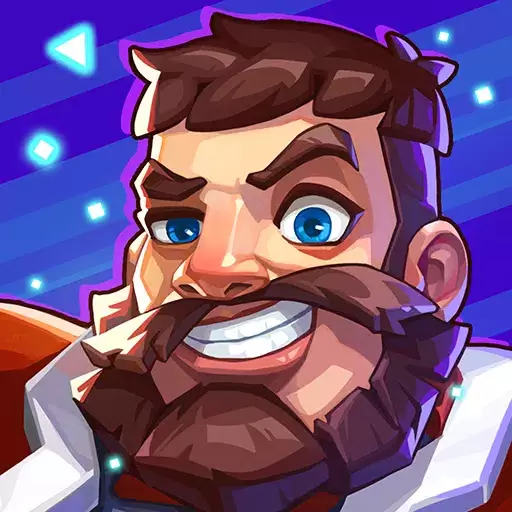One of the most memorable moments in the entire Assassin's Creed series occurs near the beginning of Assassin's Creed 3, when Haytham Kenway has seemingly assembled a group of assassins in the New World. However, players are soon led to a shocking revelation that these are not allies, but enemies. Haytham, despite wielding a hidden blade and possessing the charm reminiscent of Ezio Auditore, has been portrayed as a hero up to this point, liberating Native Americans and confronting British redcoats. It's only when he utters the Templar creed, "May the Father of Understanding guide us," that it becomes clear he is a Templar, not an Assassin.
This twist is a testament to the full potential of the Assassin's Creed series. The original game introduced the concept of tracking and eliminating targets but lacked depth in character development. Assassin's Creed 2 improved with the introduction of the iconic Ezio, yet its villains remained underdeveloped, as seen with Cesare Borgia in Assassin's Creed: Brotherhood. It wasn't until Assassin's Creed 3, set during the American Revolution, that Ubisoft truly invested in developing both the protagonists and antagonists. This focus created a seamless narrative flow and achieved a perfect harmony between gameplay and storytelling, a balance yet to be replicated in later entries.
 While the current RPG era of Assassin’s Creed has been well-received, many believe the series is in decline. Some attribute this to the increasingly fantastical elements, like battling gods such as Anubis and Fenrir, while others criticize the introduction of varied romance options or the use of real historical figures like Yasuke in Assassin's Creed Shadows. However, I believe the true cause is the shift away from character-driven narratives, which have been overshadowed by expansive open-world elements.
While the current RPG era of Assassin’s Creed has been well-received, many believe the series is in decline. Some attribute this to the increasingly fantastical elements, like battling gods such as Anubis and Fenrir, while others criticize the introduction of varied romance options or the use of real historical figures like Yasuke in Assassin's Creed Shadows. However, I believe the true cause is the shift away from character-driven narratives, which have been overshadowed by expansive open-world elements.
Over time, Assassin's Creed has evolved from its action-adventure roots to include RPG mechanics, dialogue trees, XP systems, loot boxes, microtransactions, and gear customization. Yet, as the games have grown larger, they've begun to feel more hollow, not only in terms of repetitive side missions but also in their storytelling. For instance, while Assassin's Creed Odyssey offers more content than Assassin's Creed 2, much of it feels less refined and immersive. The shift towards player choice in dialogue and actions can dilute the script, resulting in characters that lack the depth and polish seen in earlier, more focused narratives.
This change is evident when comparing the rich character development of the Xbox 360/PS3 era to the more recent entries. Iconic moments, like Ezio's powerful speech after defeating Savonarola or Haytham's tragicomic soliloquy upon being killed by his son Connor, showcase the series' finest writing:
"Don't think I have any intention of caressing your cheek and saying I was wrong. I will not weep and wonder what might have been. I'm sure you understand. Still, I'm proud of you in a way. You have shown great conviction. Strength. Courage. All noble qualities. I should have killed you long ago."
 The narrative approach has also shifted in terms of moral complexity. While modern games often simplify the conflict to Assassins = good and Templars = bad, earlier titles explored the gray areas between these factions. In Assassin's Creed 3, each Templar's dying words challenge Connor's beliefs, forcing players to question the righteousness of their cause. Haytham's efforts to undermine Connor's trust in George Washington and the revelation of Washington's role in burning Connor's village add layers to the story, leaving players with more questions than answers—a hallmark of strong storytelling.
The narrative approach has also shifted in terms of moral complexity. While modern games often simplify the conflict to Assassins = good and Templars = bad, earlier titles explored the gray areas between these factions. In Assassin's Creed 3, each Templar's dying words challenge Connor's beliefs, forcing players to question the righteousness of their cause. Haytham's efforts to undermine Connor's trust in George Washington and the revelation of Washington's role in burning Connor's village add layers to the story, leaving players with more questions than answers—a hallmark of strong storytelling.
Reflecting on the series' history, it's clear why "Ezio's Family" from the Assassin's Creed 2 soundtrack became the franchise's theme. The PS3-era games, especially Assassin's Creed 2 and 3, were deeply character-driven, with "Ezio's Family" evoking not just the setting but Ezio's personal tragedy. While I appreciate the expansive worlds and stunning graphics of the latest Assassin's Creed games, I hope the series can return to its roots of focused, character-centric stories. Yet, in today's market dominated by vast open worlds and live service ambitions, such a shift might not align with "good business" practices.















